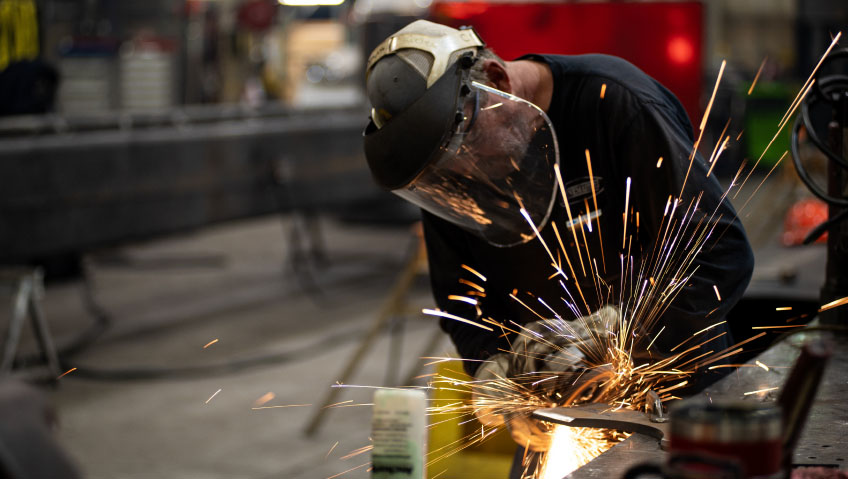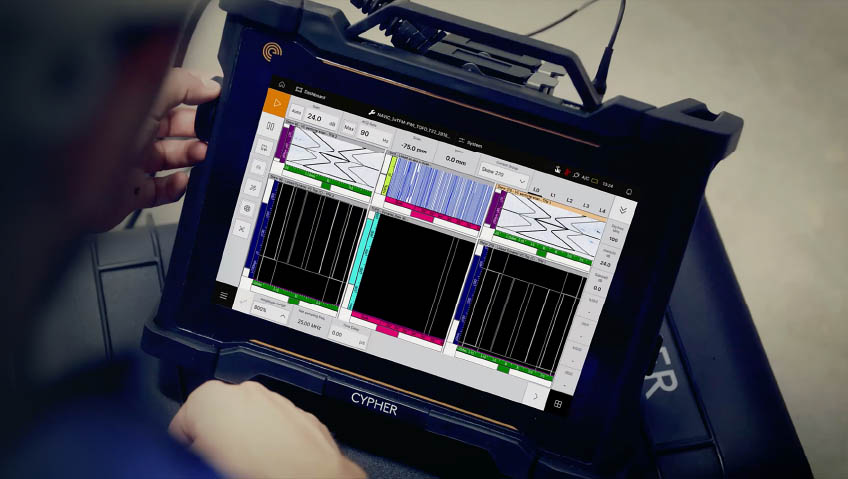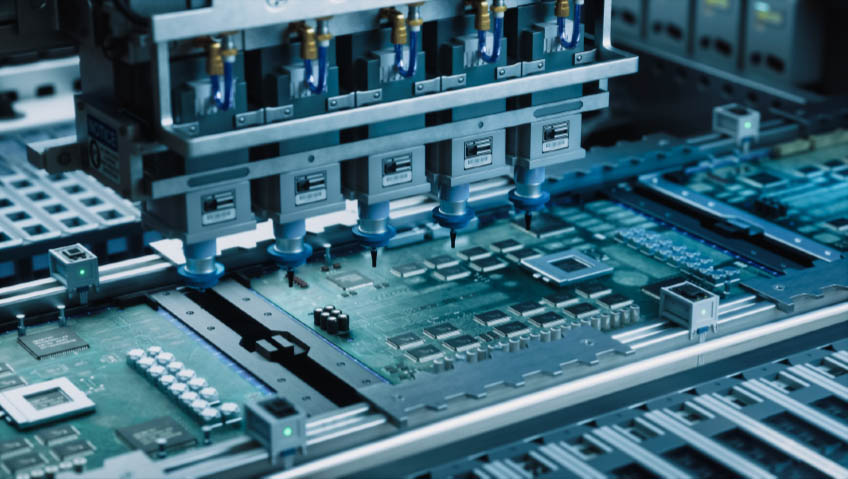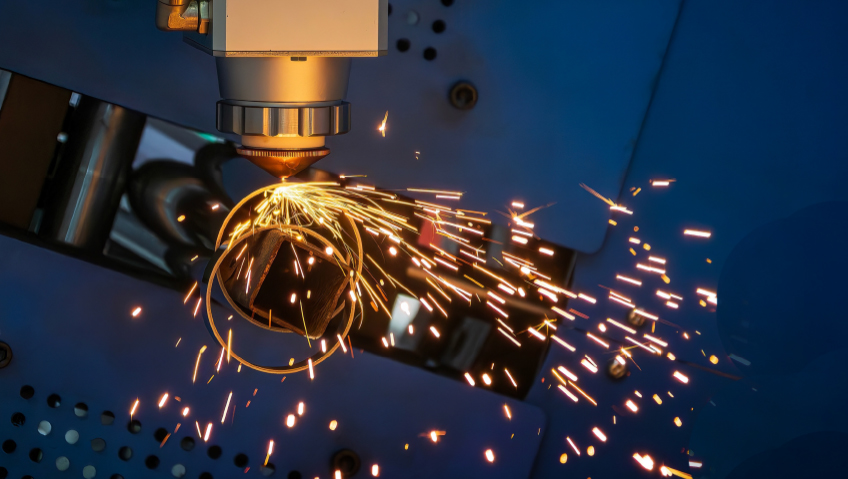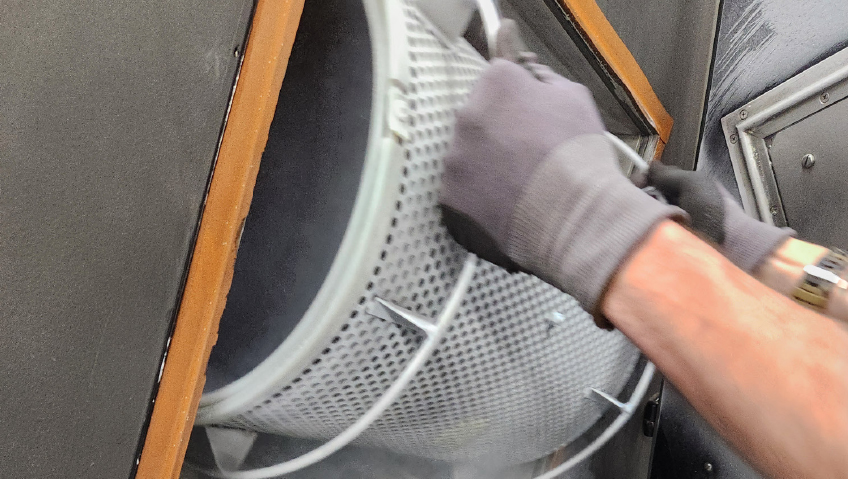American railroad contractor Cranemasters officially began operations on October 10, 1986. It originated as the culmination of an idea of Loren Isringhausen’s, an idea that came to fruition with help and input from his sons Brian and Barry. The family moved to Richmond, Virginia from Southern Illinois and seized an opportunity to begin work in the industry in their own way.
Over the ensuing nearly 40 years, the company has blossomed into a nationwide family-run business, offering services including crane manufacturing, emergency derailment, and many more related to railroads.
President Barry Isringhausen says that, in 1981, a train derailment involving a 700,000-plus-pound payload and car occurred in St. Louis, Missouri. Whereas other derailment businesses balked at the recovery, Barry’s father suggested that if he could knock down a wall in a nearby building, he could get a truck in and use one of his cranes to access the load. Barry, 16 years old at the time, never forgot the feeling of being part of a unified team with such intensity and focus on getting the job done. That experience cemented his aspiration to be part of the railroad industry and, as he says, still moves him today to follow his father’s example.
Senior Vice President Aubrey Amadeo notes that there are three elements to what kind of work Cranemasters does from both an engineering and a manufacturing standpoint. The first is new product development, wherein the company determines the next problem to solve and the next piece of equipment to build or invest in. The second is an ongoing catalog of production, which involves taking a developed product and putting it into a material and equipment catalog to be built for a customer. For example, the company recently provided a railroad project in Alaska with a standard crane and an Arctic package specific to the climate. The third element is aftermarket service, where Cranemasters delivers a piece of equipment and becomes an ongoing partner.
Amadeo points out that, while the company’s competitors seek to serve the needs of the railroad industry, Cranemasters is the only business of its kind that has a dedicated manufacturing department for the same purpose. Primarily, this department, located in North Chesterfield, comes up with new solutions to ongoing issues, builds the cranes that do the work, and then sells them to the railroad industry. The manufacturing facility literally builds the devices needed to complete necessary work, which gives the company an edge in understanding more about the railroad industry and its needs. Director of Marketing Jim Gaddis says that Cranemasters is thus accustomed to creating groundbreaking industry products for its own use, which has led to producing cranes for customers.
Another key aspect is that the company focuses on holistically solving problems for its clients. The team looks at the needs of a customer not just from a problem standpoint, but to understand more about the customer’s business, applying this kind of all-in perspective to everything from machine fixes to railroad repairs and more. Isringhausen says that the experience Cranemasters has with the equipment it designs and builds allows it to give clients a user-friendly experience that meets their needs.
The company has been moving from strength to strength over the last couple of years. One such instance has been the acquisition of the intellectual property and design rights for a crane by international manufacturer Tadano, a design that Cranemasters has enhanced significantly since its purchase.
The company has also benefited from repeat business, including a multi-crane deal with a returning customer, which has strengthened its financial success. Amadeo notes that continued interest in the business is driven by the close-knit nature of the railroad industry and demand from regions like Mexico and Alaska, where its capabilities are highly valued. “What generates the ongoing product is a repeatable product that we get better and better at making,” he says.
Gaddis adds that safety is, of course, a huge concern for the railroad industry, especially now that things are so much bigger and heavier. Meeting railroad businesses where they are, Cranemasters takes a similarly serious approach to safety, starting every job with a briefing to identify all risks and hazards. A considerable amount of safety training is involved, and the company’s innovations themselves have largely come about in the interests of advancing safety and removing hazards, from the way the cranes operate to the traction motors within them.
Gaddis cites Cranemasters’ culture of respect, wherein the company values input, feedback, and work ethic, as foundational to its success. He believes that company management, as well as the entire workforce, care deeply about the community they have made their name in as well as the industry overall. Of utmost importance is care for the customer.
Isringhausen affirms that Cranemasters will continue to expand the line of products it creates for both customers and itself at its manufacturing facility. The team will soon complete their first version of a 70-ton crane model for a customer, to be delivered later this year or early into next, a new model that has exciting potential thanks to its projected market appeal.
Cranemasters is also working on new versions of its primary pieces of equipment built for internal use and will begin manufacturing them in early 2025. Everyone involved will be taking the lessons learned over the course of the company’s 38-year history and its expertise in the railroad services space to make a more robust, resilient, and better-performing company.
Amadeo says of the role the company has carved for itself that, at Cranemasters, “you’re like a first responder for the rail industry.” This role is one that the company is more than willing to fill, especially because of how much everyone believes in the work. Isringhausen adds that the industry represents one of the safest modes of transportation today, and one of the most reliable, able to transport anything in terms of quantity and size.
Cranemasters takes great pride in being a part of that industry and helping to keep it safe and productive by providing the best equipment to solve problems and address needs. Gaddis believes that railroad service is critical and crucial to America and its infrastructure, and as he says, “It’s an honor to serve in this role for that industry and for the country.”

